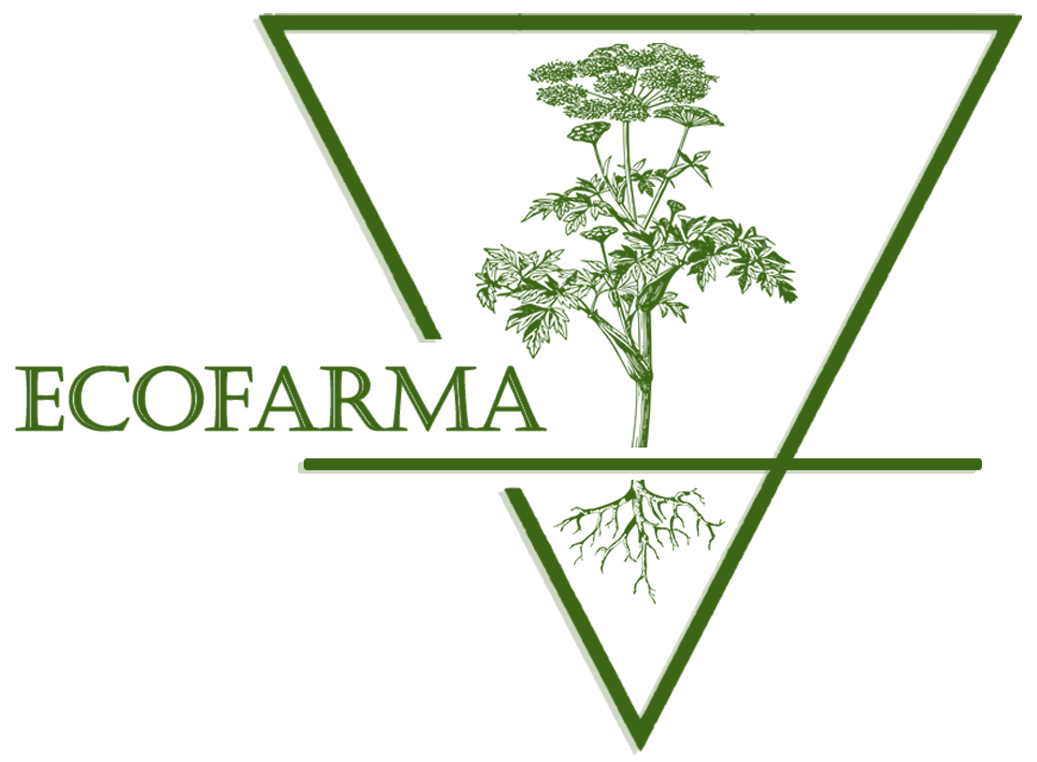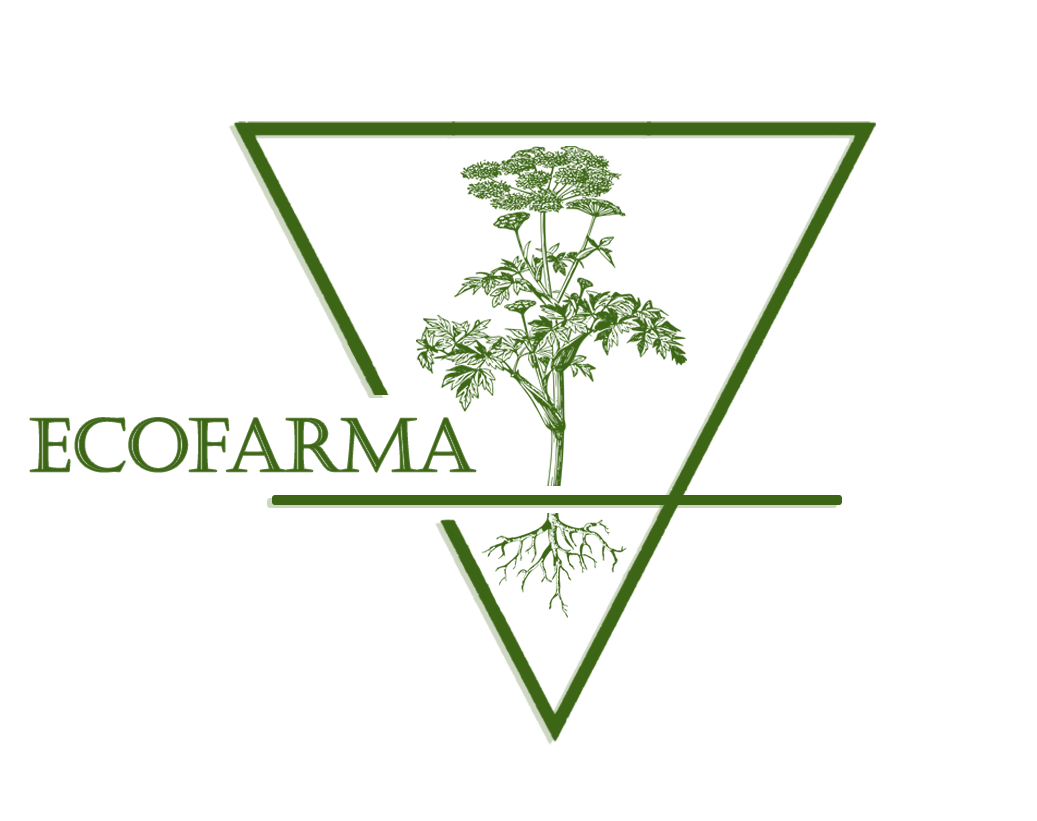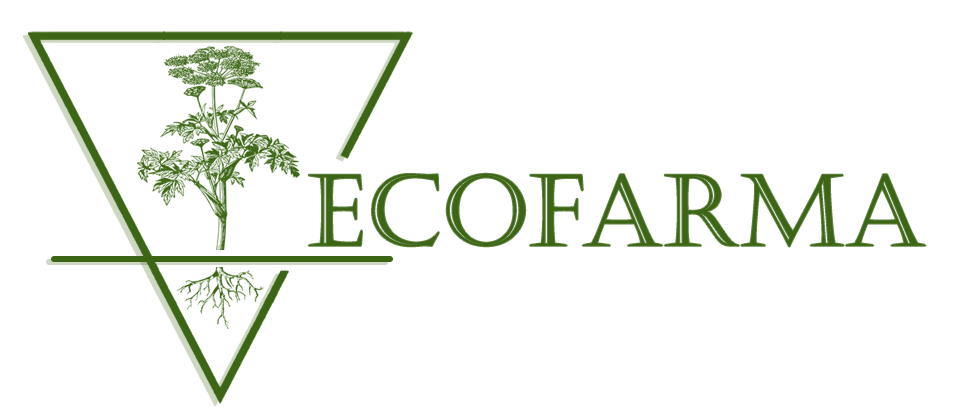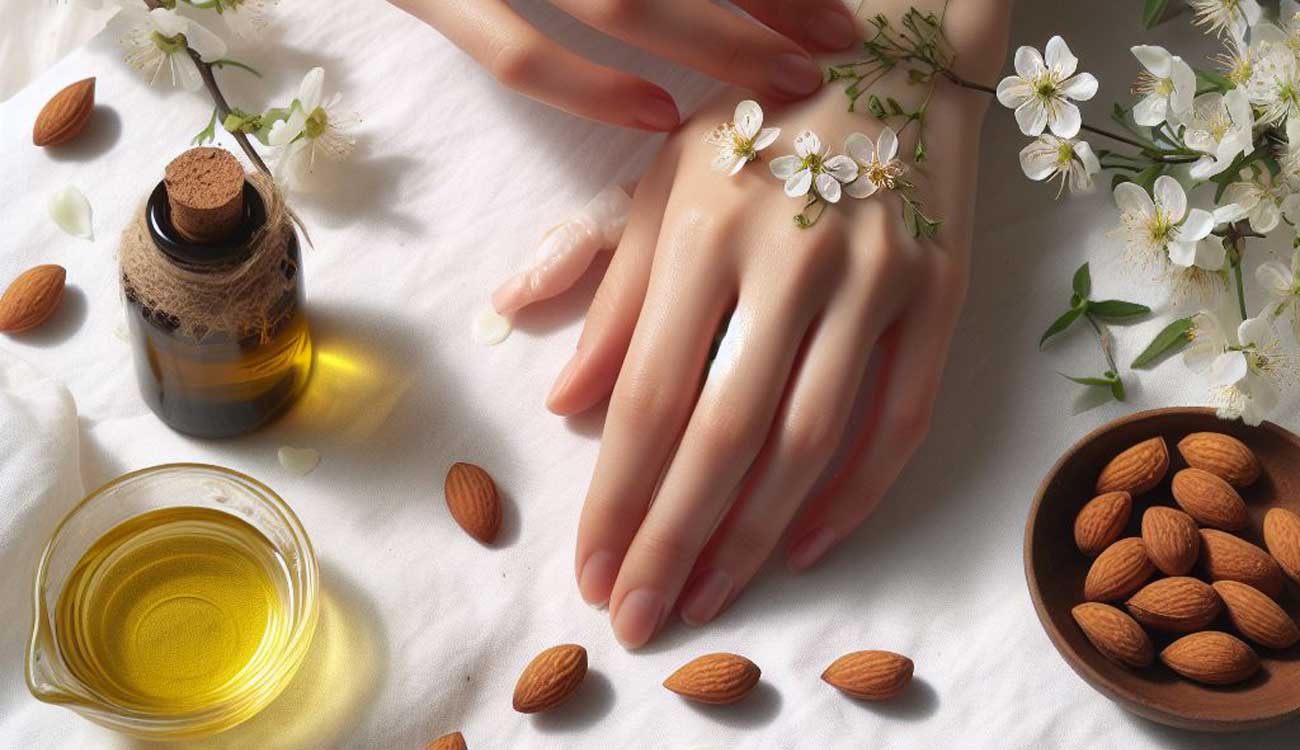In this article, we explore the power of vitamin E, its benefits and nature’s gifts
Vitamin E, a group of fat-soluble antioxidants, encompasses several forms, each offering unique health advantages. Tocopherols and tocotrienols are the primary types of vitamin E, with alpha-tocopherol being the most commonly recognized form.
This potent nutrient plays a crucial role in protecting cells from oxidative damage, supporting immune function, and promoting skin health. One of the key benefits of vitamin E is its antioxidant properties, which help neutralize free radicals and reduce the risk of chronic diseases such as heart disease and cancer (Traber & Stevens, 2011).
Additionally, vitamin E supports immune function by enhancing the activity of white blood cells, helping the body defend against infections and illnesses. Nature provides an array of vitamin E-rich foods, making it easy to incorporate into daily diets.
Nuts and seeds, particularly almonds, sunflower seeds, and hazelnuts, are excellent sources of vitamin E. Vegetable oils such as wheat germ oil, sunflower oil, and safflower oil also contain significant amounts of this essential nutrient.

In addition to its antioxidant and immune-boosting properties, vitamin E is renowned for its role in promoting skin health. This nutrient helps protect skin cells from UV damage, reduces inflammation, and supports wound healing (Weber et al., 2016).
Including vitamin E-rich edibles such ass almonds products in your diet can contribute to healthy, radiant skin and a youthful appearance. While obtaining vitamin E from natural sources is optimal, supplements can be beneficial for individuals with specific dietary needs or those seeking additional support.
However, it’s essential to prioritize whole foods whenever possible, as they offer a wide range of nutrients and phytochemicals that work synergistically to promote optimal health.
In conclusion, vitamin E is a powerful antioxidant with numerous benefits for overall health and well-being. By incorporating a variety of vitamin E-rich foods into your diet, you can harness the power of nature to support a healthy and vibrant lifestyle.
References
- Traber, M. G., & Stevens, J. F. (2011). Vitamins C and E: beneficial effects from a mechanistic perspective. Free Radical Biology and Medicine, 51(5), 1000–1013.
- Weber, S. U., Thiele, J. J., & Cross, C. E. (2016). Dietary vitamin E supplementation potentially reduces the risk of lung cancer while some vitamin E synthetic long-chain metabolites may be hazardous. Proceedings of the National Academy of Sciences, 113(38), E5655–E5656.






Leave a comment